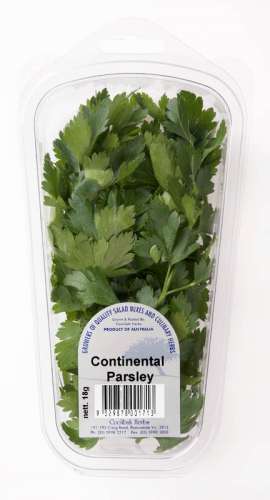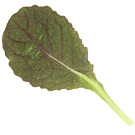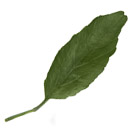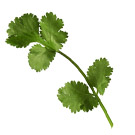|
Address:
191 Craig Road
Pearcedale
Victoria 3912
Australia
Tel: +61 3 5998 2217
Fax: +61 3 5998 1020
Website: www.coolibahherbs.com.au
Email: office@coolibah.com.au
|
Wholesale Market Outlets
Coolibah Herbs
Store 25 & 27
Melbourne Market
35 Produce Drive
Epping VIC 3011
Tel: +61 3 9687 2922
Fax: +61 3 9687 6199
Email: market@coolibah.com.au
Coolibah Salad
Stand 108 B Shed
Flemington Markets
Sydney NSW 2129
Tel/Fax: +61 2 9763 1636
Email: coolibah101@bigpond.com
|
Retail Outlets
Although many of our wholesale customers supply the restaurant industry, our products can be found in
- local markets, such as Victoria Market and Prahran Market in Melbourne
- many local supermarkets across Australia
- many large fresh produce stores and greengrocers
- some farmers markets
If you like our products, ask your local produce supplier to source them for you.
|











